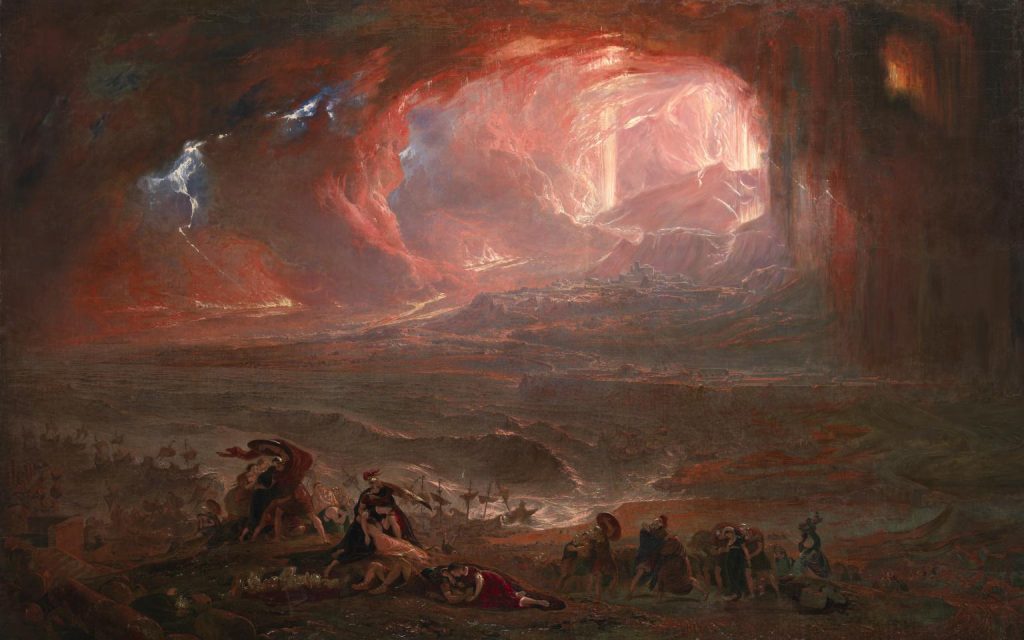Roma Stories: New Oral History Research
Thursday 14 November 2019
5.15-7.15pm
Bancroft Building Room 3.24, Queen Mary University of London, Mile End Campus, Mile End Road, London E1 4NS
All welcome, no need to book
Speakers: Tania Gessi and Ted Sale, Roma Stories Oral History Project
Respondents: Graham Smith (Newcastle University), Becky Taylor (University of East Anglia), Julia Laite (Birkbeck)
Chair: Nadia Valman, Raphael Samuel History Centre
The HLF-funded ‘Roma Stories’ Oral History Project shares experiences and stories of Roma people from Eastern and Central Europe who live in London. A series of orally transmitted histories focus on the Roma genocide in the Second World War (the Forgotten Holocaust), life in postwar communist countries, why and how individuals and families migrated to the UK. They tell us how Roma identity is perceived, how it is changing, how people experience living in London and how they belong here. Throughout the ages, Roma people’s experience has often been marginalised or written out of history altogether. This project has captured a plethora of Roma voices, which reflect the varied nature of human experience of one Europe’s most discriminated ethnic minorities.
Convened by the Raphael Samuel History Centre, this seminar will present findings from the project, followed by responses from scholars in oral history and Roma studies.
Tania Gessi, Roma Oral History Project Coordinator, has worked for the Roma Support Group since 2010 leading various cultural and educational projects. She studied Violence, Conflict and Development at SOAS and is particularly interested in international politics and migration.
Ted Sale has been working with Roma Stories since May 2018. He read history at the University of Edinburgh, then migration and diaspora studies at SOAS.
Graham Smith is a Professor of Oral History and Newcastle University and has, since the mid-1980s, facilitated oral histories with a range of marginalised people. He is currently engaged in enabling a series of international projects on global environmental challenges.
Becky Taylor is Reader in Modern History at the University of East Anglia. Her research, which combines archival research and oral histories, is centrally concerned with the relationship between states and peoples at the margins, including Gypsies, Roma and Travellers, refugees, migrants and the marginalised poor.
Julia Laite is a Reader in Modern History at the Department of History, Classics and Archaeology at Birkbeck, University of London. She researches and teaches on the history of women, crime, sexuality and migration in the nineteenth and twentieth century British world.
. . Category: Archived Events . Tags: London, Oral History, Raphael Samuel History Centre, Roma

